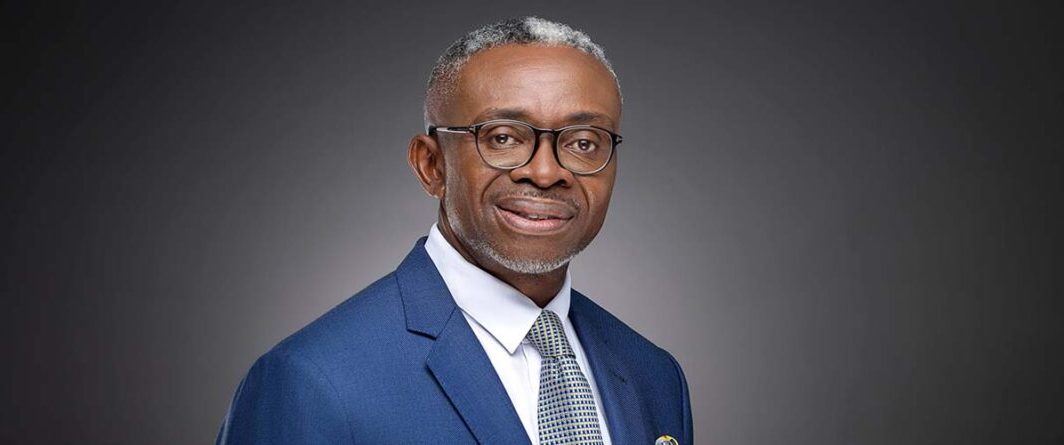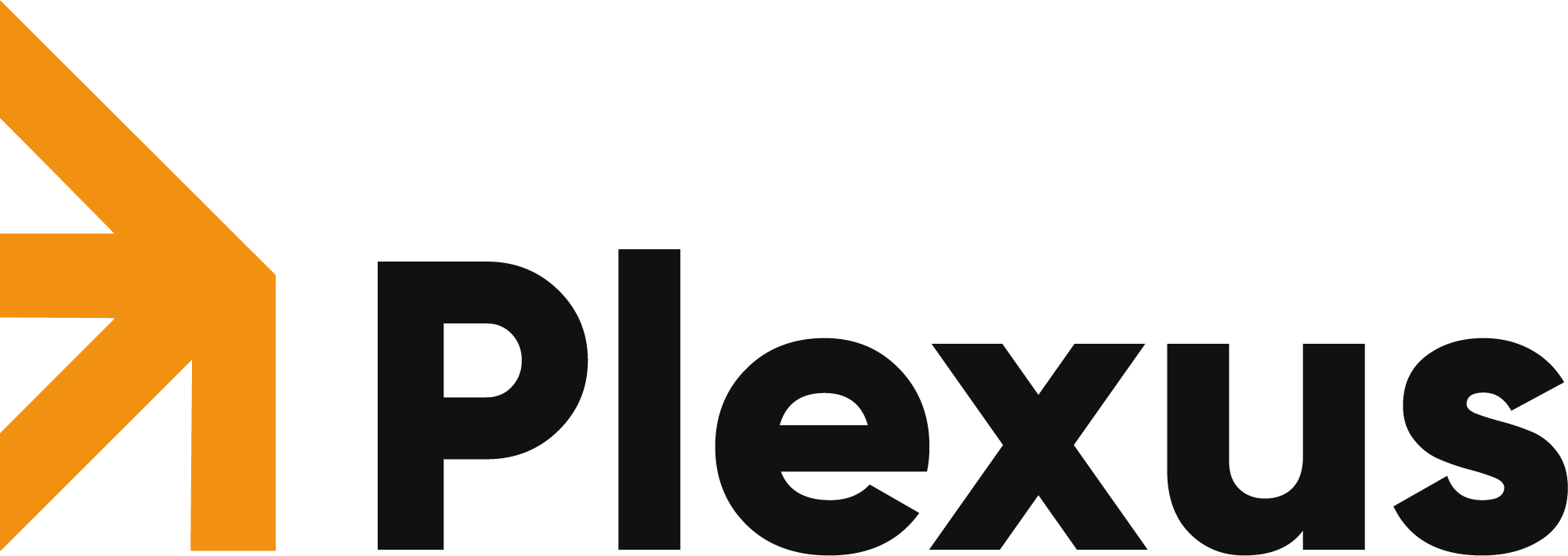Afrinvest guides investors on investment opportunities for huge returns in period of reforms
- Plexus' Thought Centre
- July 24, 2023
- News

Afrinvest West Africa Limited has provided intelligent guidance to domestic investors on opportunities available in this period of massive reforms across key sectors of the economy.
At the company’s mid-year investment parley held on Tuesday in Lagos, the Group Managing Director, Afrinvest West Africa Limited, Ike Chioke, spoke on the opportunities provided by the naira and energy reforms to investors and how they could be explored for optimum returns on investment.
Speaking on the theme: “The Turning Point: Positioning for Optimal Return,” he called on investors to position themselves for the opportunities in the economy, which had been magnified by ongoing reforms.
Chioke said the factors seen in both domestic and global economies showed that the country’s economy was at turning point for greatness.
“We’ve seen global inflation rates are dropping alarmingly over the last six, seven months. We’ve seen that the rate tightening by global central banks have kind of come to a point where they are pulling back. They have achieved the objective of reining in inflation. For Nigeria, the new government and ongoing forex reforms also have implications,” he said.
He said removal of the petrol subsidy was expected to provide fiscal savings of N2tn in 2023. This, together with earnings from improved oil exports and non-oil sources, would buoy revenue.
According to him, although the naira has been devalued by significantly about 40 per cent, but it has great benefits, including government making huge savings around N2tn, just from the subsidy removal.
He however, kicked against spending the savings on palliatives, saying “a palliative is not a permanent solution.”
Chioke added that the forex reforms by the Central Bank of Nigeria “has raised hope on sustainable economic development.”
He said the spike in forex rate at the parallel market would be short-lived as more foreign investors pump dollars to the economy.
He said naira would face pressures at the parallel market but that would be for a short time. He said the bigger picture was that more foreign direct investments would find their way into the economy.
“The forex reforms has rekindled hope of domestic and foreign investors in the economy, and we expect it to pay out positively on the naira and foreign reserves in the long run,” he said.
On his part, the Managing Director of Afrinvest Consulting, Abiodun Keripe, said the reforms were courageous, and were previously thought impossible. He said the reforms in the forex market had opened the possibility of Nigeria growing its foreign reserves to $60bn by year end.
He said achieving the target will require increased oil production, boost in diaspora remittances, sustenance of tax and oil subsidy reforms.
Keripe said implementing these reforms would also strengthen the naira from current status to around N550/N600/$ by year end.
Keripe said that despite the improved export earnings, Nigeria’s heavy dependence on importation impeded the trade balance gains.
“No policy can artificially fix the rate at 600 without further worsening the delicate condition. In fact, the incentives to substantially push the exchange rate lower are quite minimal for revenue mobilisation,” he said.
He explained that more interesting to investors was also the impact of forex unification on the reduction in government deficit by about N350bn (greater gain from oil revenue vis-à-vis increase in external debt service).
He said: “Inflation is likely to touch 24.0 per cent before decelerating in fourth quarter on the back of the base effect and weakened demand pressure. Hence, monetary policy would tread cautiously by maintaining the status quo.
“We expect a more market-responsive FX rate, which will boost investors’ confidence and enhance trade and capital flows. However, the path to FX stability would be somewhat rocky. The FX rate is expected to stay above N700 in the near to medium term,” he projected.
“The removal of the petrol subsidy and the process to stop the electricity subsidy are expected to keep prices elevated for the rest of 2023. Although this would spur an improved and more efficient allocation of resources by the Federal Government. Investors interest in alternative investments has consistently improved in the last decade. Thanks to innovative financial products that have consistently addressed its drawbacks — illiquidity, prolonged gestation period, lumpiness, and relatively high expense ratio,” Keripe stated.
He advised investors to remain overweight in fixed-income investments, with a particular emphasis on yield play.
“Sovereign with strong fundamentals should be the center of focus while corporates should also take a substantial part for stability. The juiciest yield are seated on the short and belly of the curve. A higher yield with a shorter maturity will deliver a better risk- adjusted return,” he said.
“Given that we expect muted volatility toward the downside, activity should be moderate. The surest bet remains to long the market. However, investors can short when the opportunity arises,” he added.
Also speaking, Managing Director/Chief Business Officer, Optimus by Afrinvest, Mr Ayodeji Eboh, said the reforms represented a turning point because with Nigeria’s new government, there was going to be short term pains, which would ease as time progresses.
He however, said savings from subsidy should be tied to specific projects, that add value to the people.
He kicked against sharing palliatives, saying such move would not enable the government to achieve desired goals for the people.
He called for investment in infrastructure and in boosting policies that promote ease of doing business.

